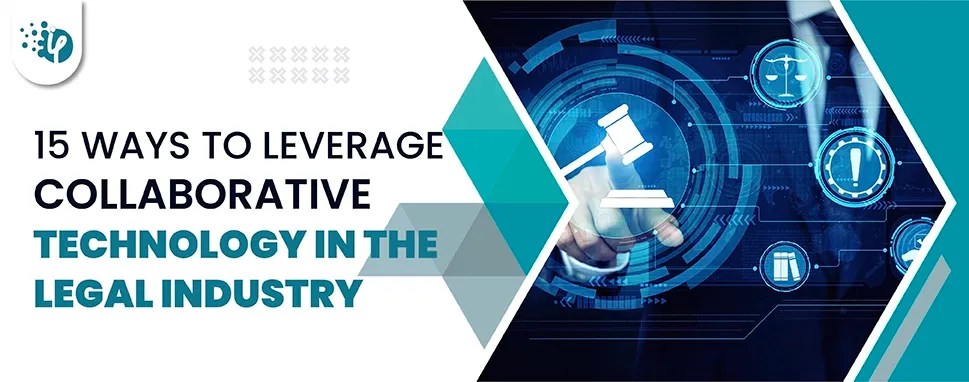"Collaboration and communication are the cornerstones of the legal industry. A simple glance into the daily life of a lawyer will tell you that a high amount of collaboration and communication is part and parcel of the job, ranging from internal channels within their own law firms to external parties such as clients, witnesses, and of course, courts. Collaborative technology in any form is, therefore, a game-changer when it comes to streamlining and enhancing the handling of these crucial components of the industry. Seamless sharing remains one of the most influential and impactful outcomes of an efficient communication and collaboration framework and helps law firms, courts, and the public alike."
- Riley Beam, Managing Attorney at Douglas R. Beam
"A large aspect of working in the legal industry is the transferring of knowledge from one person to another. For example, if you’re on a team building a defense for a client, you may be responsible primarily for one part of that defense, like eDiscovery, while the rest of the team is responsible for other niche aspects. As you all work to build the case, you have to communicate your findings back and forth. Today, as hybrid and remote work has become the new norm, collaborative technology is vital to facilitate this communication in a fast, efficient, and secure way. It helps to remove the barriers in communication that the separation of work location puts up."
- Ben Michael, Attorney at Michael & Associates
"Collaborative technology particularly benefits law firms, especially large ones, because it allows partners, lawyers, and paralegals to effectively communicate and collaborate on tasks without necessarily having to be in the same room. This is especially a game-changer for firms that have a hybrid work policy where not all employees are present in a physical office at the same time.:"
- Daniel Cook, HOD at Mullen and Mullen
"It's no secret that the way solicitors practice law has, in different ways, dynamically changed during the COVID. One such change is in the way in which lawyers can communicate and collaborate. Hence, a crucial element of the top-notch practice of law has always incorporated communication and collaboration internally within law firms and externally with courts and clients. However, the pandemic, and the transition to remote work for most legal professionals, have demonstrated new opportunities and challenges for re-envisioning how solicitors can and should communicate and collaborate.
Technology advancements offer solutions and some brand-new difficulties in this space. The internal legal departments are ahead of this curve compared to law firms in embracing tech solutions for collaboration."
- Madilyn Hill, CEO of Truepersonfinder
"Researchers predict that after the pandemic, internal legal departments have already started adopting the specific changes in the legal sector. Thus, they are incorporating the emerging technologies for better collaboration and communication within the team. On the other hand, law firms are also trying to cope with the new scenario and aligning their team collaboration plans with the technology solutions for enhancing communication. As a result, legal professionals envision new opportunities for collaborations and communication with advancing innovation and technologies."
- Ashley Amor, co-founder of People Find Fast
"Collaborative techs help improve the accuracy and efficiency of communication within law firms and legal departments. They help eliminate missed messages, emails, and calls. The key types of collaboration software used by legal employees include:
- Document management software (e.g., SharePoint, Logikcull, NetDocuments) for real-time collaboration on documents, document version tracking, archiving, efficient document search, and easy sharing.
- Project management tools (e.g., Redbooth, Exterro, Workzone) to centralize clients' data, cases and documents related to clients, billing details, etc. They also help track case progress, report on performance of a legal team, and more.
- Client portals (e.g., Clio, Lawmatics, MyCase) to keep clients updated on ongoing matters via communicating and sharing documents with legal workers."
- Maryia Khilko, SEO Assistant at ScienceSoft
























